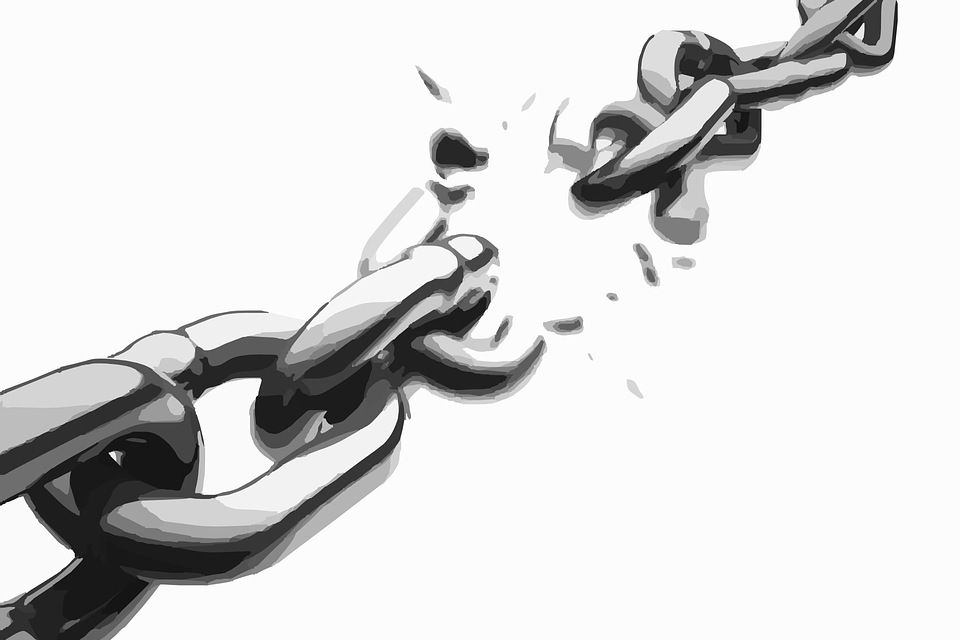Giving interviews to journalists was one of the “joys” I had when I was serving on the Advance Team of the “World’s Largest Floating Bookstore”, MV LOGOS II. We would go ahead of the ship into an upcoming port in order to make preparations for the ship’s visit. One of our tasks was to publicize the visit by connecting with local media. In most cases, interaction with media was positive. However, in some countries the media could be somewhat suspicious, even antagonistic.
On one occasion, I was interviewed by a local newspaper. The reporter asked questions about the ship’s origin, history and purpose. Then she asked questions about my story and the ship. I thought the interview went well. It was professional and cordial. However, what was printed in the newspaper a few days later was FAKE news! She had misquoted me, taken phrases out of context and misrepresented my meaning on some important points! Thank God I had two friends with me at that interview who witnessed this grave injustice!
I’m sure that we’ve all had unsavoury experiences when we have been misquoted or misunderstood. I dare say that the writers of the scriptures feel similarly aggrieved. Too often they are misquoted and their meaning is misrepresented when we take phrases or sentences out of context.
Let me illustrate with the matter of Christian freedom.
Have you heard the quote, “It is for freedom that Christ has set you free”? Have you heard it implied that you have been set free from the law, therefore you have no more responsibility to “rules and regulations”. All shackles are removed and you can live free from everything that encumbers you, including shame, guilt – and responsibility to Christian community.
I believe that if the Apostle Paul were aware of the conclusions that we have come to from his glorious assertion he’d be turning over in his grave! It is only a self-serving, biblically myopic culture that would conclude that Christ has set us free, therefore we can live however we please – because we’re free!
Indeed! We have been set free from the unattainable requirements of the law through the unmatchable sacrifice of Christ. But the law is not the suppressor. It’s our broken human nature, that renders us incapable of meeting the righteous requirements of the law. Don’t let that same human nature blind us to our obligation to the law of biblical love.
Paul goes on to say in that same passage that, “You, my brothers and sisters, were called to be free. But do not use your freedom to indulge the flesh¹; rather, serve one another humbly in love.” (Gal 5:13) That “one another” and the 50+ others uses of that word in the New Testament implies a radical devotion to community, to Church, to the body of Christ, his Bride.
It is a freedom that empowers us to choose the way of self-sacrificial, other-focussed love. This is opposed to the natural inclination of the flesh. Therefore, let’s embrace our freedom to choose the way of love!
Footnote:
1. In contexts like this, the Greek word for flesh (sarx) refers to the sinful state of human beings, often presented as a power in opposition to the Spirit; also in verses 16, 17, 19 and 24; and in 6:8.





Recent Comments